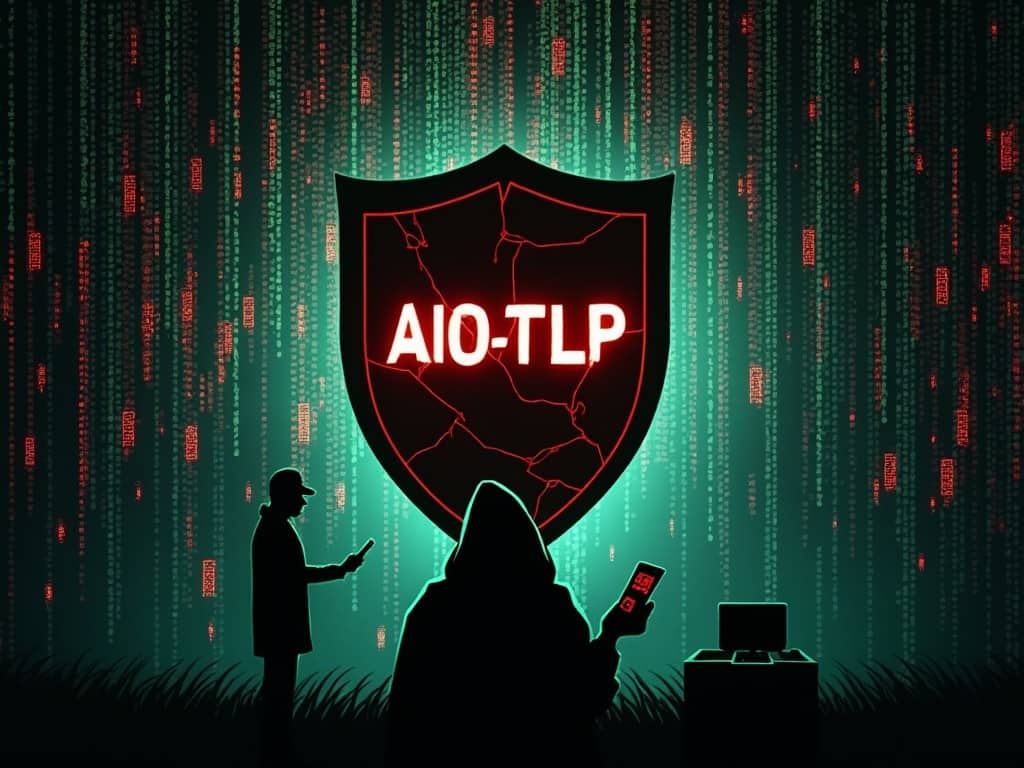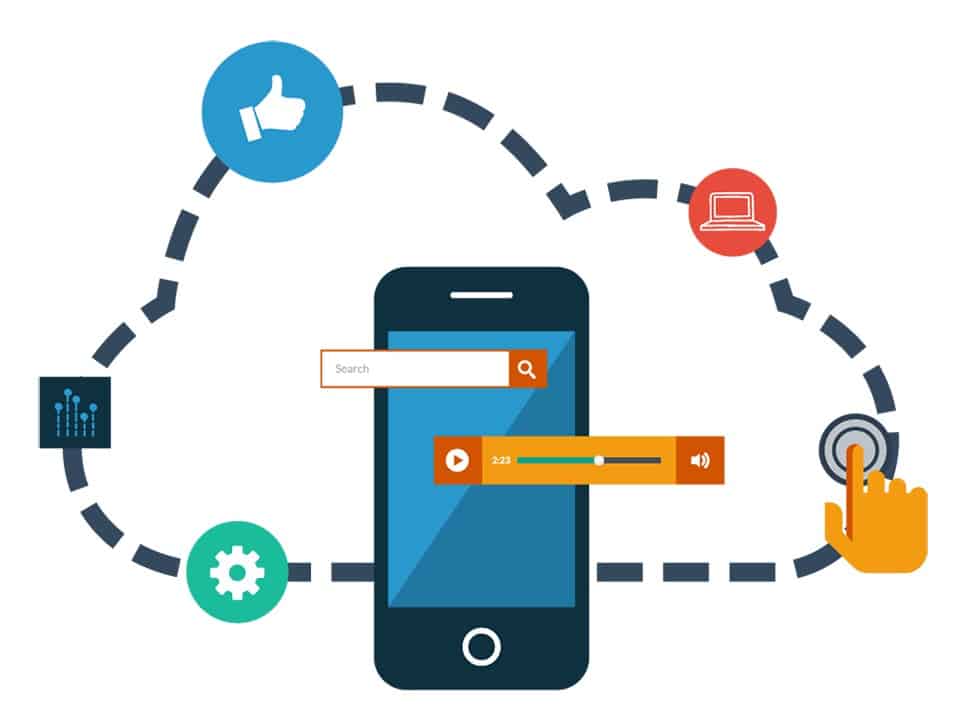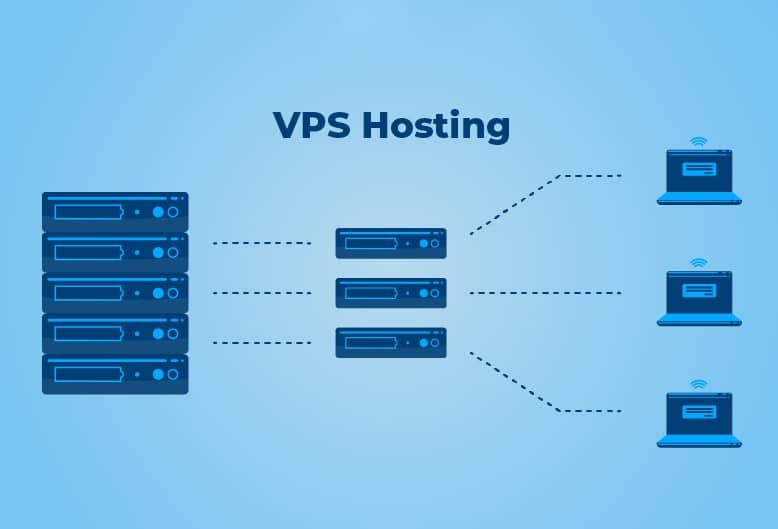In the world of tech, data breaches are like uninvited guests at a party – they show up when you least expect them and cause a lot of trouble. The recent thejavasea.me leaks, specifically AIO-TLP287 and AIO-TLP142, have sent shockwaves through the online community. Let’s break down what happened and what it means for you.
| Key Takeaways |
|---|
| Thejavasea.me experienced a major data breach |
| AIO-TLP287 and AIO-TLP142 are specific leak categories |
| Millions of user records were compromised |
| Personal and financial data are at risk |
| Strong passwords and two-factor authentication are crucial |
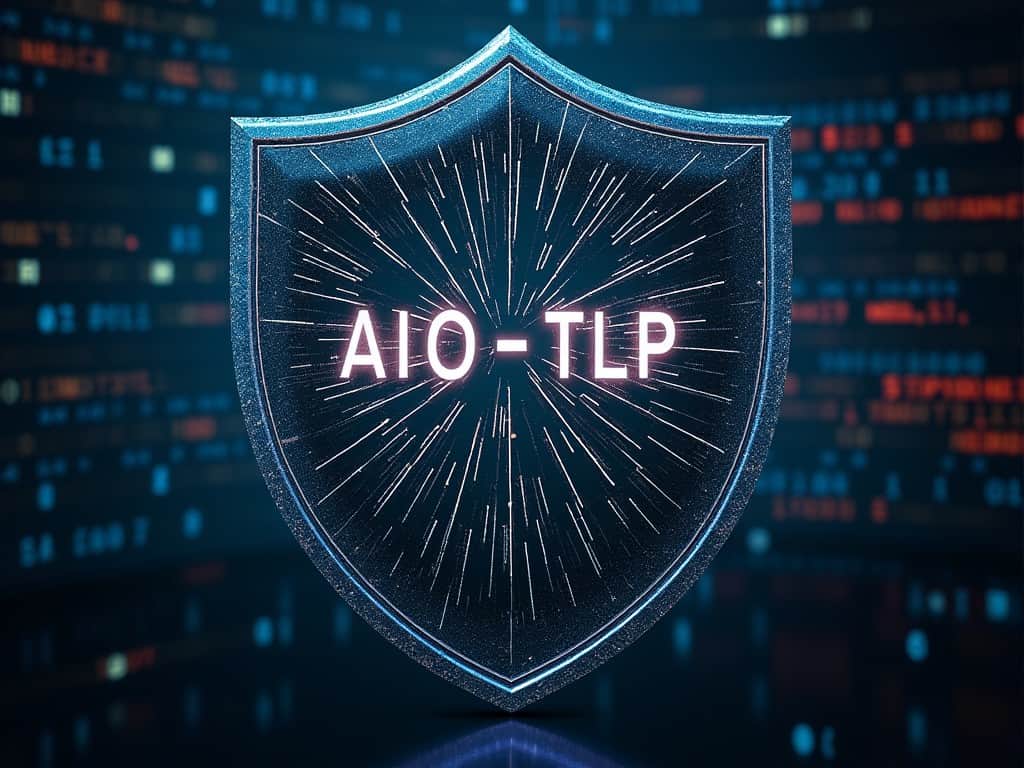
What is Thejavasea.me?
Thejavasea.me is a popular online platform where users share and discuss tech-related content. Think of it as a digital hangout spot for tech enthusiasts. However, this cool hangout recently faced a serious security issue.
The AIO-TLP Breakdown
AIO-TLP stands for “All-In-One Traffic Light Protocol.” It’s a way to classify how sensitive leaked information is. Imagine a traffic light:
- Green: Not very sensitive
- Yellow: Somewhat sensitive
- Red: Highly sensitive
The numbers 287 and 142 in AIO-TLP287 and AIO-TLP142 refer to specific batches of leaked data.
Also read: 127.0.0.1:49342
The Leak Incident: What Happened?
Picture this: You have a safe where you keep all your important stuff. Now imagine someone broke into that safe and took everything. That’s basically what happened to thejavasea.me.
AIO-TLP287: The Big One
AIO-TLP287 is the larger of the two leaks. Here’s what we know:
- It affected over 50 million user accounts
- Personal information like names and emails were exposed
- Some financial data, like credit card numbers, might be at risk
AIO-TLP142: The Sneaky One
AIO-TLP142 is smaller but still serious:
- About 10 million accounts were impacted
- It mainly involved user passwords and login details
- Some private messages between users were also leaked
Data Breach Impact Visualization
50M+ Users
10M Users
Why This Matters to You
You might be thinking, “I don’t even use thejavasea.me, so why should I care?” Well, here’s the thing: these leaks can affect you even if you’re not a user. Here’s how:
- Identity Theft: Hackers can use leaked info to pretend to be you.
- Financial Fraud: Your bank account could be at risk if financial data was exposed.
- Password Reuse: If you use the same password on multiple sites, other accounts could be compromised.
Also read: Lenme Reviews
Protecting Yourself: The Basics
Here are some simple steps to keep yourself safe:
- Change Your Passwords: Use strong, unique passwords for each account.
- Enable Two-Factor Authentication: It’s like adding a second lock to your digital door.
- Monitor Your Accounts: Keep an eye out for any weird activity.
- Be Wary of Phishing: Don’t click on suspicious links or download attachments from unknown sources.
Remember, in the digital world, your personal information is like gold. Protect it like you would your most prized possession!
The Ripple Effect: Beyond Thejavasea.me
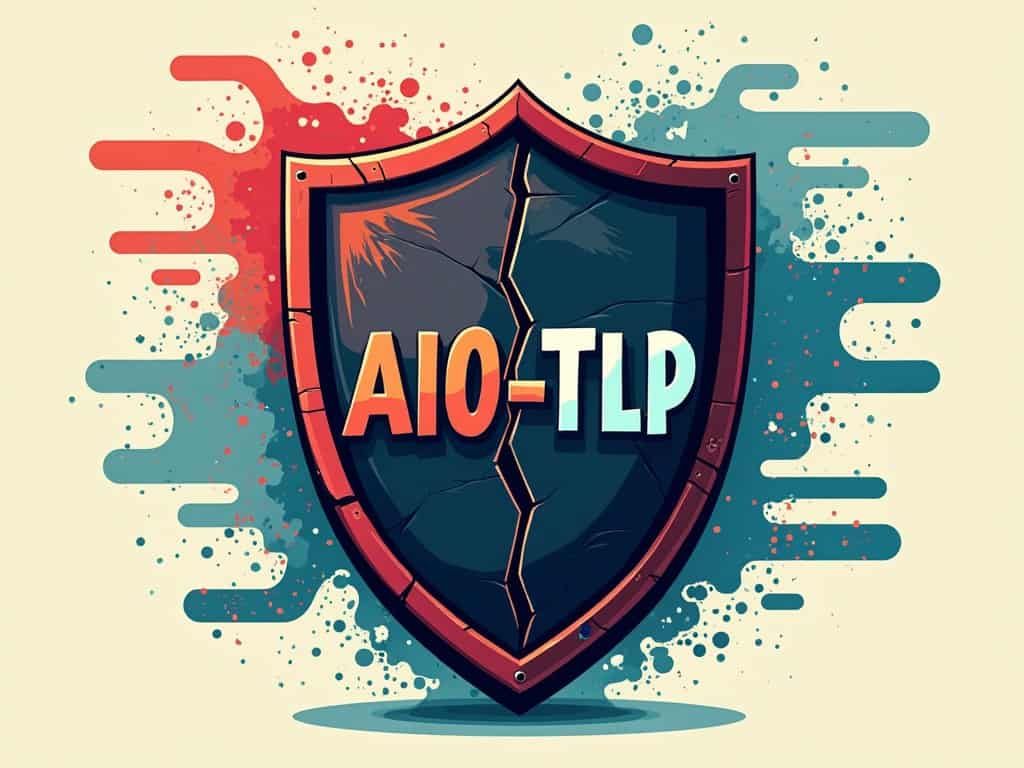
The thejavasea.me leaks don’t just affect the site’s users. They create waves that reach far beyond, touching various aspects of our digital lives. Let’s dive deeper into the impact and what it means for the broader tech landscape.
Business Ramifications
Companies big and small are feeling the heat from these leaks. Here’s how:
- Trust Issues: Users are becoming more skeptical about sharing their data.
- Financial Hits: Dealing with a breach is expensive. Companies might have to:
- Hire security experts
- Upgrade their systems
- Pay fines for data protection violations
- Reputation Damage: Once trust is broken, it’s hard to rebuild.
Cost of Data Breaches
$3.86M
$4.24M
$4.35M
Average Cost of a Data Breach (in millions USD)
The Cybersecurity Landscape Shift
The thejavasea.me leaks are changing how we think about online security:
- Increased Awareness: More people are realizing the importance of cybersecurity.
- Stricter Regulations: Governments are pushing for tougher data protection laws.
- Innovation in Security: Companies are developing new ways to keep data safe.
Also read: Best Places to Get Free (or Cheap) Food Delivery Right Now
Mitigation Strategies: What’s Being Done?
Immediate Response
When a leak happens, it’s like a fire drill. Everyone needs to know what to do:
- Containment: Stop the leak from spreading further.
- Assessment: Figure out what was lost and how it happened.
- Notification: Tell users and authorities about the breach.
- Recovery: Fix the vulnerabilities and restore systems.
Long-term Prevention
To stop future leaks, companies are:
- Upgrading Security Systems: Using better firewalls and encryption.
- Training Employees: Teaching staff about cybersecurity best practices.
- Regular Audits: Checking for weaknesses before hackers find them.
Expert Tips for Staying Safe Online
I once met a cybersecurity expert who told me, “The best defense is a good offense.” Here’s what he meant:
- Use a Password Manager: It’s like having a super-secure digital safe for all your passwords.
- Update Everything: Keep your apps, software, and devices up-to-date.
- Be Skeptical: If something looks fishy online, it probably is.
- Encrypt Your Data: Use encryption tools to protect your sensitive information.
- Back Up Regularly: Keep copies of your important data in case something goes wrong.
The Future of Online Security
As we move forward, we’re likely to see:
- AI-Powered Security: Smart systems that can predict and prevent attacks.
- Blockchain for Data Protection: Using decentralized systems to keep data safe.
- Biometric Authentication: Using your fingerprint or face to log in instead of passwords.
Remember, staying safe online is a team effort. Every time you use a strong password or think twice before clicking a link, you’re making the internet a safer place for everyone.
Also read: What is Affirm
Legal and Ethical Considerations
The thejavasea.me leaks have sparked intense discussions about data privacy and corporate responsibility. Let’s break down the key issues:
Data Privacy Regulations
Governments worldwide are cracking down on data breaches:
- GDPR in Europe: Companies can face fines up to €20 million or 4% of global turnover.
- CCPA in California: Gives consumers more control over their personal data.
- PIPEDA in Canada: Requires companies to report breaches to affected individuals.
These laws are like digital traffic rules – they help keep everyone safe and accountable.
Ethical Responsibilities of Platforms
Online platforms aren’t just businesses; they’re guardians of our digital lives. They have a duty to:
- Protect User Data: It’s not just about following laws, but doing what’s right.
- Be Transparent: Tell users what data is collected and how it’s used.
- Educate Users: Help people understand how to stay safe online.
The Human Side of Data Breaches
Behind every leaked email or password, there’s a real person. Here’s a story that brings it home:
A friend of mine, let’s call her Sarah, had her data exposed in a breach similar to thejavasea.me. She didn’t think much of it until strange charges appeared on her credit card. It took months to sort out the mess. “I felt violated,” she told me. “It was like someone had broken into my home.”
Sarah’s experience is a stark reminder of why cybersecurity matters to everyone.
Emerging Threats in Data Protection
The digital world is always changing, and so are the risks:
- Deepfake Technology: AI-generated fake videos and audio could be used for fraud.
- IoT Vulnerabilities: As more devices connect to the internet, there are more ways for hackers to get in.
- Quantum Computing: While exciting, it could potentially break current encryption methods.
Emerging Cybersecurity Threats
Deepfakes
IoT Risks
Quantum
Advancements in Security Technologies
It’s not all doom and gloom. Tech wizards are working hard to keep us safe:
- Zero Trust Security: This approach assumes no one is trustworthy by default.
- Behavioral Biometrics: Analyzes how you type or move your mouse to verify it’s really you.
- Self-Healing Systems: Software that can detect and fix vulnerabilities on its own.
What You Can Do: Beyond the Basics
We’ve covered the basics, but here are some pro tips to level up your digital security:
- Use a VPN: It’s like wearing an invisibility cloak online.
- Check Your Privacy Settings: On social media, less is often more.
- Teach Others: Share what you know about online safety with friends and family.
The Road Ahead
As we navigate this digital age, remember:
- Stay Informed: Keep up with the latest in tech news and security updates.
- Be Proactive: Don’t wait for a breach to happen to take action.
- Demand Better: Push companies and governments for stronger data protection.
Conclusion: Your Digital Footprint Matters
The thejavasea.me leaks are a wake-up call. They remind us that our online lives are just as important as our offline ones. By staying vigilant and informed, we can all contribute to a safer digital world.
Remember, every click, every post, and every download leaves a trace. Make sure your digital footprint is one you’re proud of and, more importantly, one that’s secure.
Stay safe out there, digital explorers!
